The Greens' manifesto at-a-glance: Summary of key points
- Published
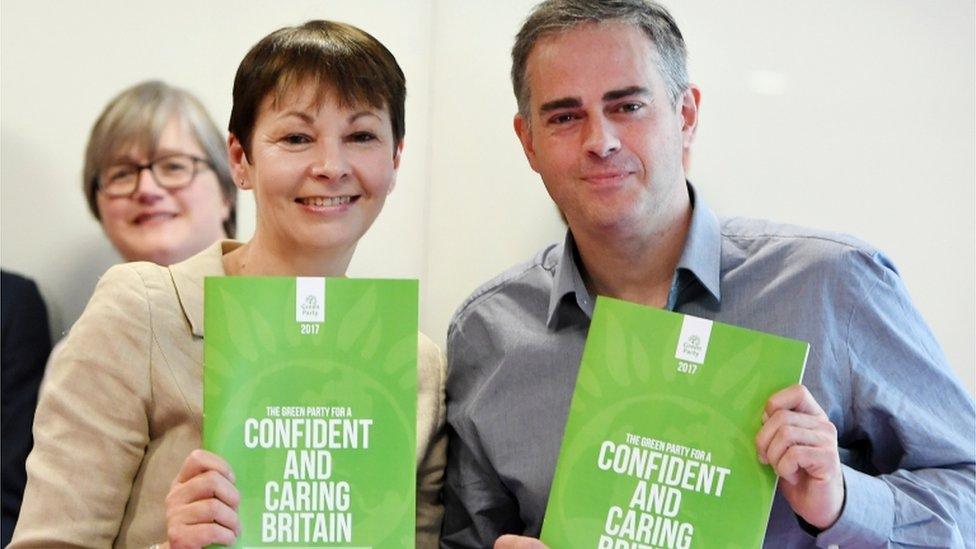
The Green Party has launched its manifesto, the Green Guarantee For a Confident and Caring Britain. The full document is available online, external. Here are the main things you need to know.

Key message
A programme providing "big, bold ideas to create a confident and caring Britain that we can all be proud of".
The manifesto opens with the words: "Imagine a government that trusts in our common humanity and our capacity to govern ourselves. Imagine a government that believes that the best way forward is by working with each other, rather than against each other... That's the kind of government we would work for."

Key policies
Phase in a four-day working week
A referendum on the final deal for Brexit
Protect freedom of movement
Press to remain in single market
Scrap university tuition fees
Reform taxation to include a wealth tax on the top 1% of earners
Replace fracking, coal power stations, subsidies to fossil fuels and nuclear with renewable energy
Roll back 'privatisation' of the NHS
Renationalise energy, water, railways, buses, the Royal Mail and care work
Lower the voting age to 16
Cancel Trident replacement, saving £110bn over 30 years
Introduce proportional representation (PR) for parliamentary and local elections.

The economy
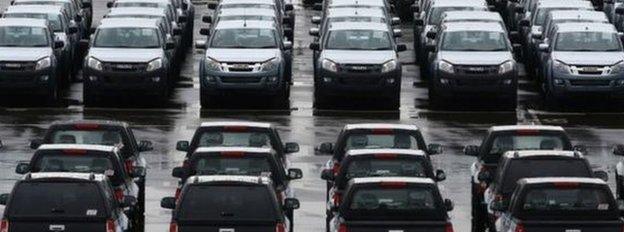
Use the government-owned Royal Bank of Scotland to create a network of local people's banks for every city and region
Crackdown on tax dodging
Wealth tax on the top 1% of earners
More staff at HMRC
Reinstate the higher level of corporation tax for large businesses
A Robin Hood tax on high value transactions in the finance sector
Inheritance taxed according to the wealth of the recipient
Support and promote small businesses, co-operatives and mutuals
Roll out high speed broadband
Increase local authority funding to provide good quality public services and invest in communities, creating thousands of jobs
A single budget covering health and social services to make life easier for people who need to access several types of service.

Workers' rights
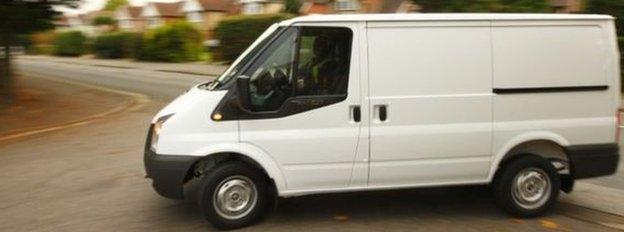
Take steps towards the introduction of a universal basic income
Phase in a four-day working week (max 35 hours) - and abolish zero hours contracts
Reduce the gap between the highest and lowest paid
Increase the minimum wage to £10 an hour by 2020
A minimum 40% of all members of public company and public sector boards to be women
Abolition of the cap on employees' national insurance so the wealthiest pay more
Scrap age-related wage bands and raise national minimum wage to living wage levels for all
Trade rules that respect human rights, labour standards, environmental standards and climate commitments with mechanisms for individuals, groups and communities to bring grievances.

Energy and the environment

An Environmental Protection Act to safeguard environment, protect and enhance biodiversity, promote sustainable food and farming, and ensure animal protection
Insulation to make every home warm
Investment in flood defences and natural flood management
Cooperate with firms and countries to limit global temperature increases to well below two degrees and aiming for 1.5 degrees
Replace fracking, coal power stations, subsidies to fossil fuels and nuclear with renewable energy
Invest in community owned energy
One-off fine on car manufacturers who cheated emissions testing regime
Create a new Clean Air Act
Strong protection for the Green Belt, National Parks, SSSIs and Areas of Outstanding Natural Beauty
Tough action to reduce plastic and other waste
Introduction of deposit return schemes, with a zero waste target
Strengthen the global deal on climate change, including by delivering climate justice and promoting ecologically sustainable development so poorer countries can cope with the impacts of climate change.

Renationalisation
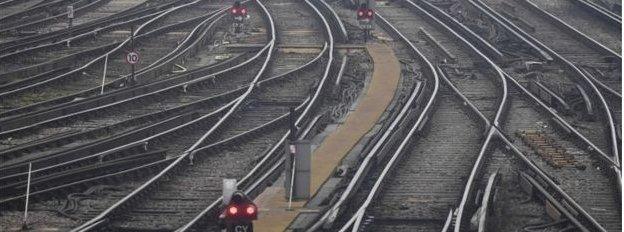
Renationalise energy, water, railways, buses, the Royal Mail and care work.

Education

Reject the Prevent strategy and pursue community-led collaborative approaches to tackling all forms of extremism
Introduce non-biased political education and promote active citizenship.

Health and social care
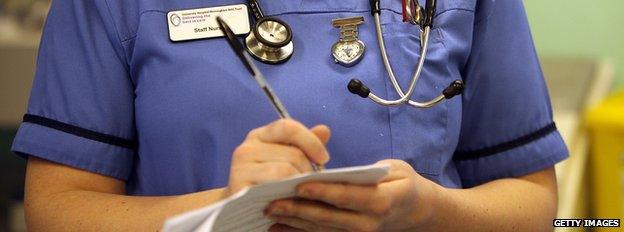
Reverse privatisation of the NHS to ensure all health and dental services are publicly provided and funded, and free at the point of access
Bring mental health care in line with physical health care
Ensure people experiencing mental health crises are supported close to their home and support networks
Introduce mental health awareness training within the public sector and encourage a more open dialogue on the issue in wider society
Provide an immediate cash injection to ensure everyone can access a GP
Major investment in social care for the elderly and all those who need it
More funding for sexual health awareness campaigns, greater access to free condoms and sexual health clinics
Remove VAT from sanitary products and ensure they are provided free of charge to those in extreme financial need.
Social security and pensions
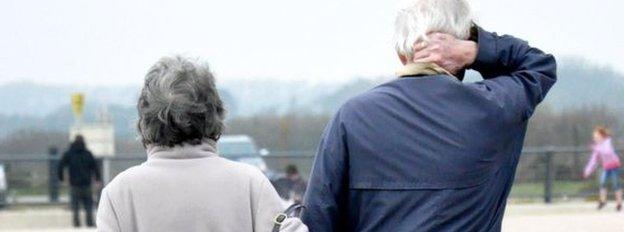
Redress pension injustice to enable older people to continue to be active members of society
Redress benefits injustice with a social security system that gives people confidence they will get support when they need it, including disabled people.

Housing

Reinstate housing benefit for under-21s
Stop local authorities declaring young people "intentionally homeless"
Invest in community house-building projects to provide affordable, secure housing options for young people
A living rent for all through rent controls and more secure tenancies for private renters
An end to letting fees and the introduction of mandatory licensing for all landlords
Support the development of renters' unions
Build affordable, zero carbon homes, including 100,000 social rented homes each year by 2022
End council house sales and scrap Right to Buy at discounted prices
Abolish the bedroom tax
Bring empty homes back into use
Trial a Land Value Tax to encourage the use of vacant land and reduce speculation
Treat the housing needs of single people and childless couples in the same way as families
Help first-time buyers by aiming for house price stability - axing buy-to-let tax breaks
Back community-led approaches to building affordable homes
Significantly improve housing choice for deaf, disabled and older people - and increase the numbers of homes built to lifetime home and mobility standards over the next five years.

Transport
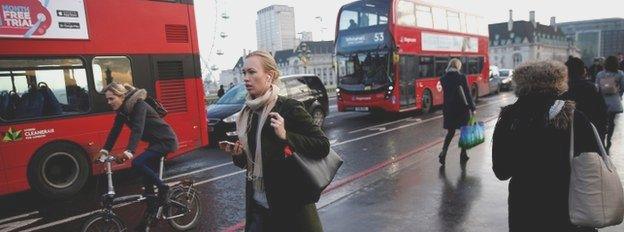
Return the railways to public ownership
Re-regulate buses, investing in increased bus services especially in rural and other poorly served areas
All public transport should be fully accessible and step-free with a phase-in of free local public transport for young people, students, people with disabilities, and older people
Invest in regional rail links and electrification of existing rail lines, especially in the South West and North of England, rather than spending money on HS2 and the national major roads programme
Cancel all airport expansion and end subsidies on airline fuel
Invest in low traffic neighbourhoods and safe, convenient networks of routes for walking and cycling
Safe places for learning to cycle, so people of all ages and those with disabilities can choose to make local trips on foot, by bike or mobility scooter
Help end the public health crisis caused by air pollution by increasing incentives to take diesel vehicles off the roads.

Families and communities

Tackle racism and discrimination on the basis of faith or disability, real equality for LGBTIQA+ people, equal rights for mixed gender couples to have a Civil Partnership
Give power to local communities by allowing for 40% of the local electorate to secure a referendum on local government decisions or to recall their MP
End the sale of personal data, such as health or tax records, for commercial or other ends.

Democracy
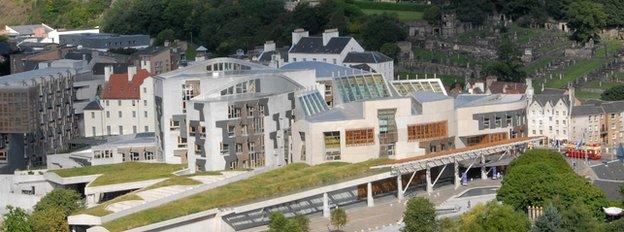
Lower the voting age to 16
Introduce proportional representation (PR) for parliamentary and local elections
Increase diversity in representative politics, with job-shares, a 50/50 Parliament
Replace the House of Lords with an elected second chamber
Defend the Human Rights Act and UK membership of the European Convention on Human Rights
Reinstate funding for the Equality and Human Rights Commission
Protect the BBC and tighten the rules on media ownership so no individual or company owns more than 20% of a media market
Protect against anyone having too much influence or undermining democracy
Give Parliament a vote on any new trade deals
Revive the role of democratic trade unions.

Foreign policy and defence

Cancel Trident replacement, saving at least £110bn over the next 30 years
Increase the overseas aid budget from 0.7% of GDP to 1.0% of GDP
An ethical foreign policy that builds capacity for conflict resolution, and ends support for aggressive wars of intervention
No more arms sales to oppressive regimes.

Migration
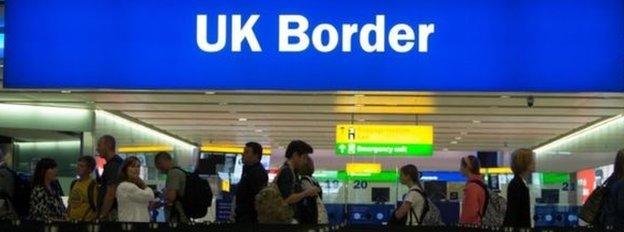
A humane immigration and asylum system that recognises and takes responsibility for Britain's ongoing role in causing the flow of migrants worldwide
Implement a UK-wide strategy to tackle gender based violence, including domestic violence, rape and sexual abuse, FGM and trafficking.

Brexit
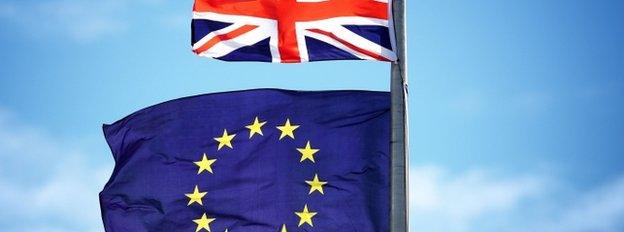
A referendum on the final Brexit deal with the option to reject the deal and remain in the EU
Protect freedom of movement, press for remaining within the single market
Guarantee the rights of EU citizens to remain in the UK and seek reciprocal arrangements for UK citizens in the EU
Guarantee the rights of young people to study, work, live and travel in the EU, including through schemes like Erasmus.

The launch
The Greens chose central London to launch their 2017 manifesto, with co-leaders Jonathan Bartley and Caroline Lucas sharing the stage to promise a universal basic income, a four-day working week and a final say for the public on Brexit.
Mr Bartley said his party's "Green Guarantee" contained "big and bold ideas which are possible", saying the Greens were "committed to redistributing wealth and power", reflecting Britain's place as the fifth largest economy in the world.

Personal pitch
Caroline Lucas, the party's only MP, said: "The Green Guarantee is about hope and we need hope now like never before.
"I can't remember a time in my own lifetime where the future has felt more uncertain - with Brexit, with accelerating climate change, with an NHS in crisis. We face challenges that we can't possibly pretend to fix in the next 100 days, or the next 1,000. Threats to our economic future, threats to our security, threats to our planet.
"But ours is a message of hope because we believe if we stand together for what matters, we can change the course of history."
